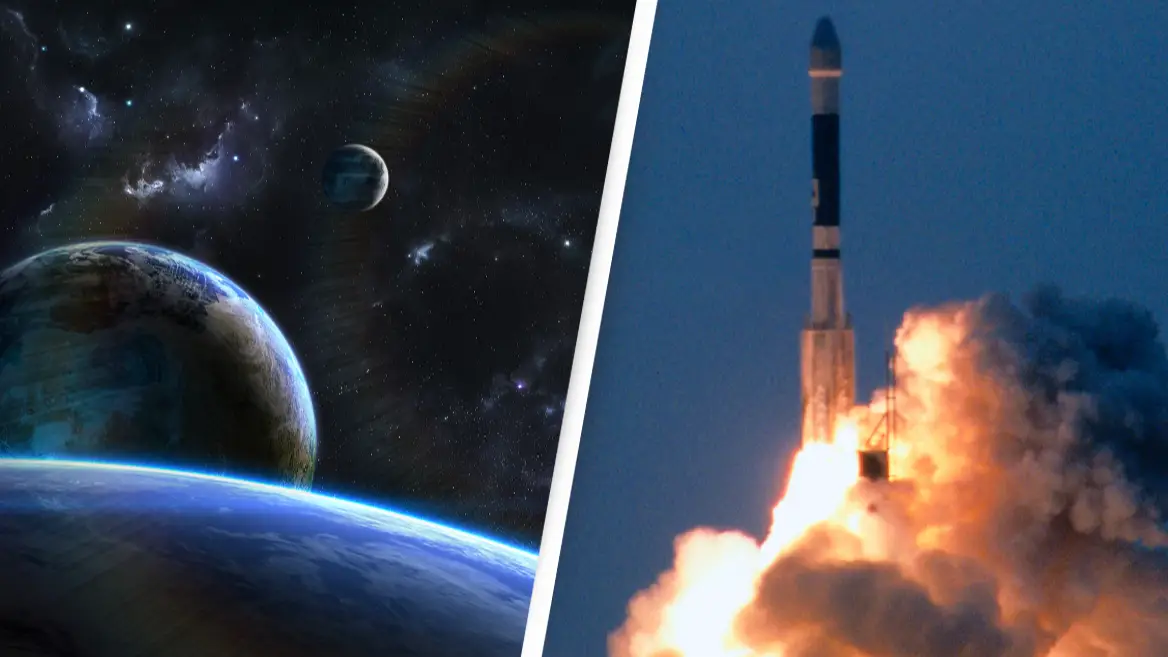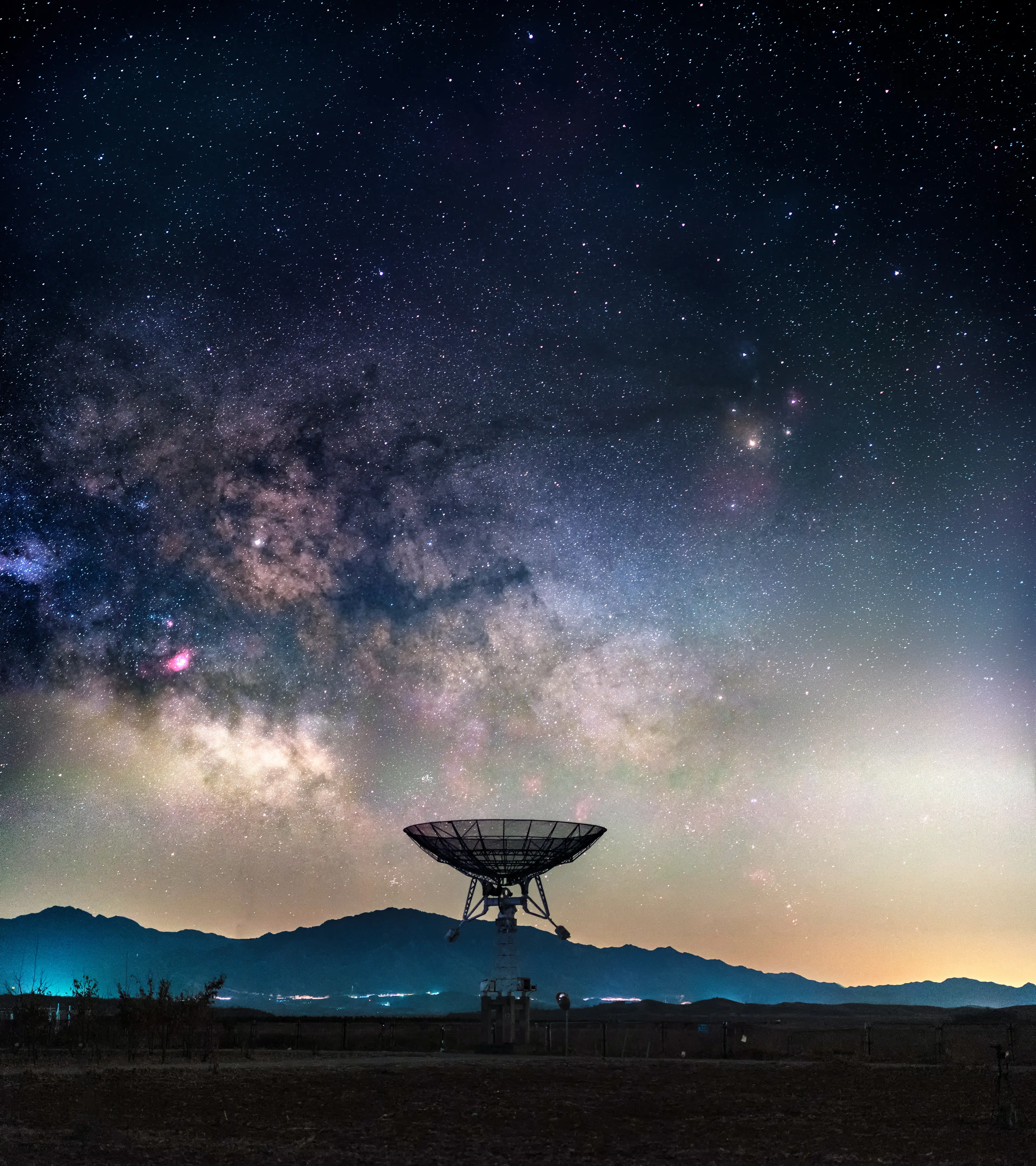
Travelling to planets millions of miles away is a dream for any person hoping to explore the vastness of space... but in the future, that just might be possible.
Even though the Earth is pretty big, it really doesn’t compare to just how big our solar system is. Or, our galaxy - or, while we're on the subject, the size of our universe.
In fact, one person is ridiculously small compared to just how big... well, everything else in existence is.
But even still, humanity has dreams of leaving planet Earth and visiting and exploring other planets. Planets either in this solar system, or in a galaxy far, far away.
Advert
But because of the vastness of space, the biggest issue we can’t seem to get around is distance.
Undeterred by this, some of the greatest minds in the scientific community have been able to locate other Earth-like planets, called exoplanets, and study them and the stars they revolve around.
Speaking to UNILAD, British space scientist Dame Dr. Maggie Aderin-Pocock revealed that scientists are currently devising ways in which traveling to these distant worlds will actually become a reality.
She explained one US project, Breakthrough Starshot, is already working on shortening the time it takes for us to send something significant lightyears away.
Not just a few hundred lightyears, we are talking about distances that would take almost 75,000 years to get to shortened to just 20 or 30 years.

But don’t get ahead of yourself - as things stand, their ideas only work to send small things like probes, so you can’t plan your planet-hopping trips just yet.
Dr. Aderin-Pocock said: “If we could [travel using the Starshot method], the journey from our solar system to the next door neighboring solar system at 40 trillion kilometres, that journey usually, with current technology, actually will take 76,000 years, which is a fair bit.
“But if we can use this solar cell technology, we'd be able to do it in just 20-30 years.”
While we aren’t just ready to go planet to planet setting up bases just yet, this is a massive leap forward and bodes well for the future.

So, who knows, your children or grandchildren - or great grandchildren - could grow up to take the first steps on a planet we haven’t even discovered yet. Exciting stuff really.
“It might mean that we could actually send this probe out there, you can take images, bring them back to Earth,” Dr. Aderin-Pocock continued.
“But it means sending these probes out into these space at these exoplanets, and maybe sort of start finding civilizations.
“There are all sorts of things in the pipeline, where we might be able to travel much faster than that. People talk about things like wormholes, where we actually warp space and time."
Admittedly the scientist did say she was an optimist, but it is exactly this sort of thing that allows people to think of new ways to address current problems.

Dr. Aderin-Pocock even praised Mexican physicist Miguel Alcubierre, who considered a theoretical form of travel that would allow us to travel faster than light.
The idea became known as the Alcubierre drive and would allow a spacecraft to move faster than light travel by contracting space in front of it and expanding space behind it.
A bit closer to science fiction, but Alcubierre has insisted while the idea is theoretical it could be viable. So fingers crossed.
Dame Dr Maggie Aderin-Pocock is a judge for the National Trust’s Time + Space Award, alongside David Olusoga, Tayshan Hayden-Smith, and Megan McCubbin. Four 16–25-year-olds will get a £5,000 package as well as time, space, and support to explore the answer to a big question set by the panel.
Topics: Space, Technology, Science